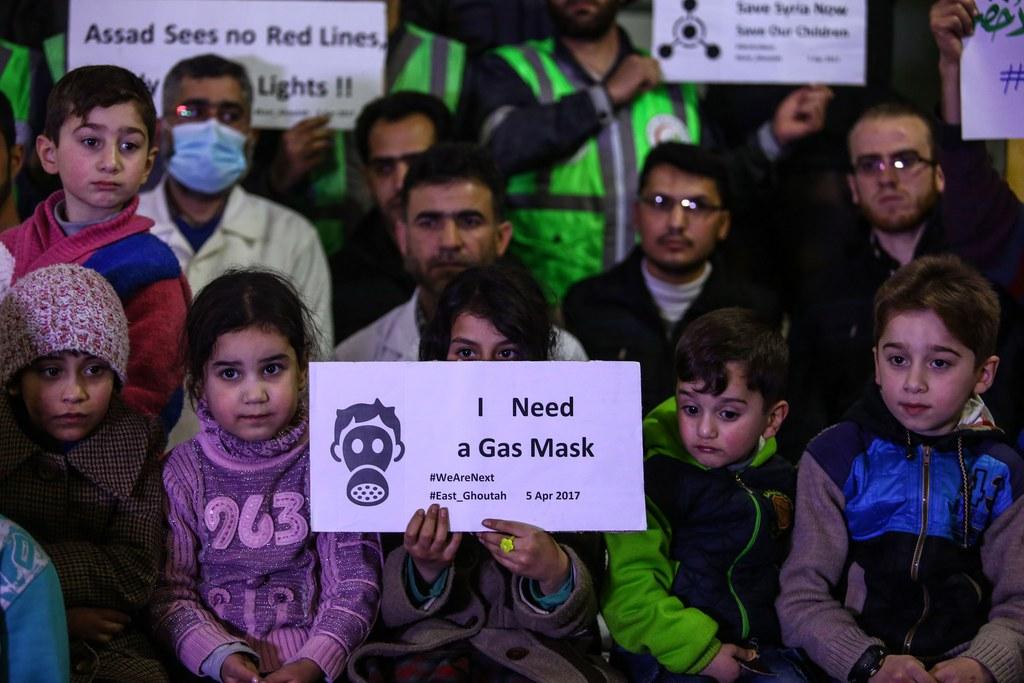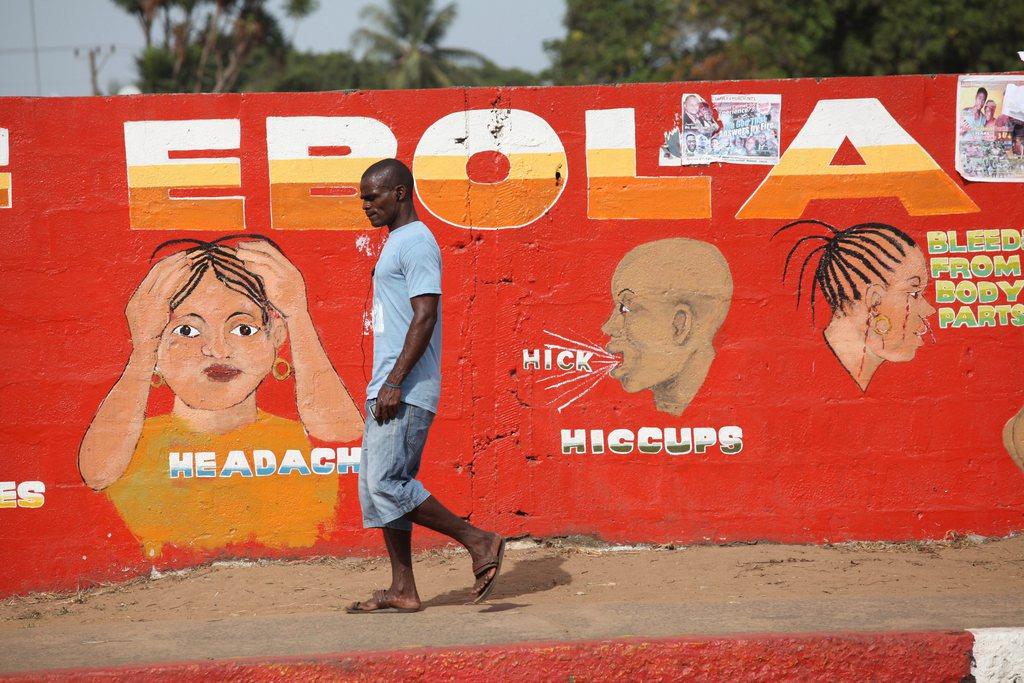A tale of two aid workers
Geneva correspondent Imogen Foulkes follows two field experts for Swiss-based medical charity Médecins sans Frontières (Doctors without Borders) as they fight on disease's front lines, in this next instalment of swissinfo.ch's Inside Geneva series.

When I call Iris Finci, she is packing. Although she describes it as a “normal day”, in fact it is far from normal. Iris is about to set off on her first ever field mission for the medical charity Médecins sans FrontièresExternal link.
After she’s finished, she says, she’ll hand over her apartment, and go to Geneva for a final briefing. “And then tonight I have my flight.”
Iris will fly from Geneva to Zurich, then to Johannesburg, and then on to Maputo. She is about to start a year long appointment in Mozambique, a country she has never been to before.
“Do I know what to expect?” she asks. “Well, I know how the mission works, but it is one thing when you hear it in theory, and another thing to be there. Maybe I’m going to be a bit shocked.”
Iris, who is 31 and originally from Croatia, has lived for six years in Switzerland. She is an epidemiologist and was studying for a PhD, but decided to switch to the humanitarian sector. “I wanted to do something where I could help people,” she says.

HIV, TB, and Hepatitis
MSF has worked in Mozambique for many years, and currently has a programme testing and treating patients with HIV, and with tuberculosis, including multidrug resistant TB. In addition, a new programme aimed at tackling hepatitis C started last year.
Iris, perhaps, does not fit our image of a typical aid worker. She will not be diagnosing or treating patients. Instead she will be collecting data on MSF’s programmes: numbers of patients, types of treatment, and so on. Her job: to help evaluate how successful MSF’s intervention actually is.
“My role is to analyse how we do it [the MSF programme], and try to improve it, for us and for other humanitarian actors, and for Mozambique’s Ministry of Health.”
Long term strategies
Meanwhile back in Geneva, seasoned MSF field worker Alan Gonzalez will be keeping a close eye on what is happening in Mozambique.
Alan is originally from Mexico, and trained as a doctor. He worked first with local humanitarian organisations in the south of Mexico, and then joined MSF in 2009. He has worked in some of the world’s major humanitarian crises, from Haiti’s cholera epidemic to the world’s largest refugee camp at Dadaab, in Kenya.
For the last four months he has been working as a medical ‘referant’, overseeing and coordinating MSF’s medical activities in Mozambique, as well as in the Democratic Republic of Congo, Niger, and Greece, this last supporting migrants and refugees.
Again, this may not be our image of what an aid worker does. Alan’s day may start with a series of emails to medical staff in the field. It can continue with meetings to develop long-term strategies for field projects, both current and future.
“For example right now we are working on an analysis of a cholera outbreak in Congo,” Alan explains. “The number of patients, where they are coming from, in order to have an intervention as soon as possible.”
Satisfaction of quick results
Alan admits he does sometimes miss the immediacy of frontline work.
“In an emergency mission it is fast, and easy to have quick results,” he says, recalling a rapid intervention to tackle a measles outbreak in northern Congo.
“It was in a very rural area, we had to take a plane and then motorbikes to travel for a day through the jungle,” he remembers.
“When we arrived, there were lots of patients waiting, and we did consultations until late at night. In 48 hours we managed to open a hospital for measles patients, train local nurses, and organize the supply of drugs and materials.
We didn’t sleep for two and a half days!”

Accountability, transparency, and effectiveness
Alan’s experience in Congo is closer, probably, to the kind of thing we picture when we think of aid workers, especially medical specialists, working in humanitarian crises.
The kind of work Iris and Alan are doing may be less well known, but it is equally important, and, in 21st century aid operations, absolutely unavoidable.
The days when well-meaning souls would hear about a crisis somewhere, pack up a truck with second hand clothes, nappies, and baby milk formula and set off into the crisis zone are well and truly over, much to the relief of most experienced aid workers.
Nowadays aid projects must prove they are effective and transparent, and they must be accountable to beneficiaries and donors.
So seriously does MSF take the evaluation of its projects that since 2006 it has had an evaluation unit, based in Vienna, to assess “the potentials and limitations of medical humanitarian action”.
“It is very important to have details of the impact and relevance of our interventions,” says Vladimir Najman, MSF’s evaluation manager.
Nevertheless, Vladimir says it is rare that an evaluation shows that a project is not working at all. More likely, he explains, is that an evaluation will indicate the need for a project to change its specific location, or its target beneficiaries.
Advice for future aid workers
So is there a lesson here for would be humanitarian workers not to expect too many heroic deeds in the field, and to prepare for lots of analysis and paperwork?
“Just try to be open to being flexible in your job,” advises Alan Gonzalez. “Many times it is not what you learned before. And try to enjoy it!”
And what about Iris Finci, now safely arrived in Mozambique? Before she left she confessed she had “no idea” what her daily life would be like.
“I started working on Monday, and I met the whole team” she writes. “I am slowly getting to know all the activities that MSF does here…but in short it is really nice and I am very happy!”
You can follow Imogen Foulkes on twitter at @imogenfoulkes, and send her questions and suggestions for UN topics.

In compliance with the JTI standards
More: SWI swissinfo.ch certified by the Journalism Trust Initiative












You can find an overview of ongoing debates with our journalists here . Please join us!
If you want to start a conversation about a topic raised in this article or want to report factual errors, email us at english@swissinfo.ch.